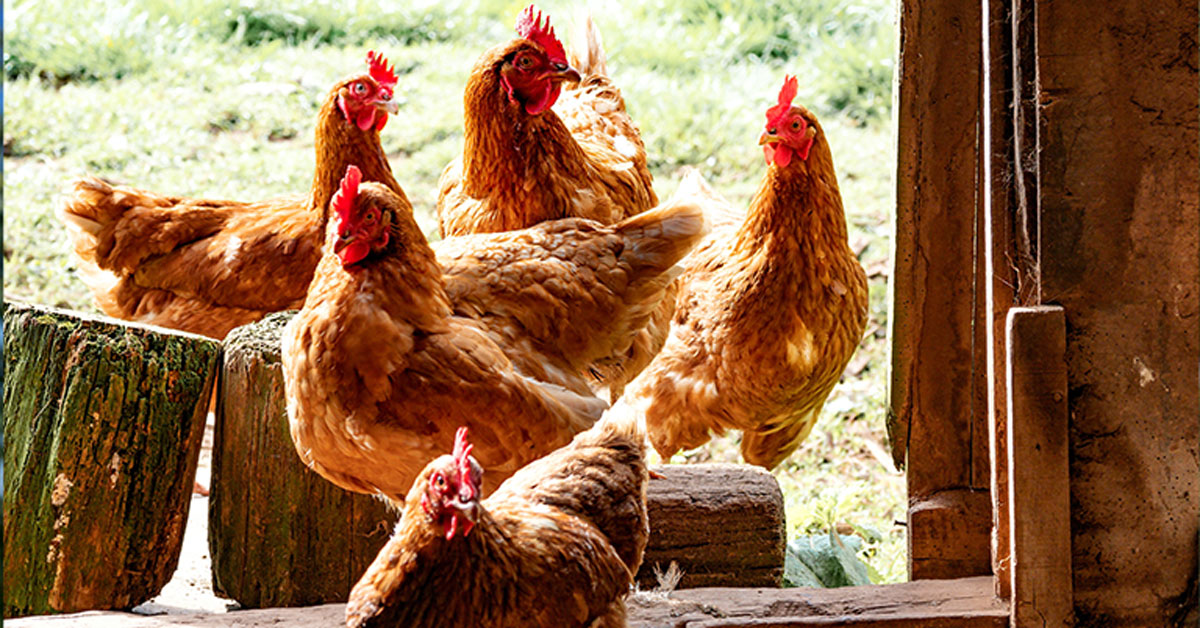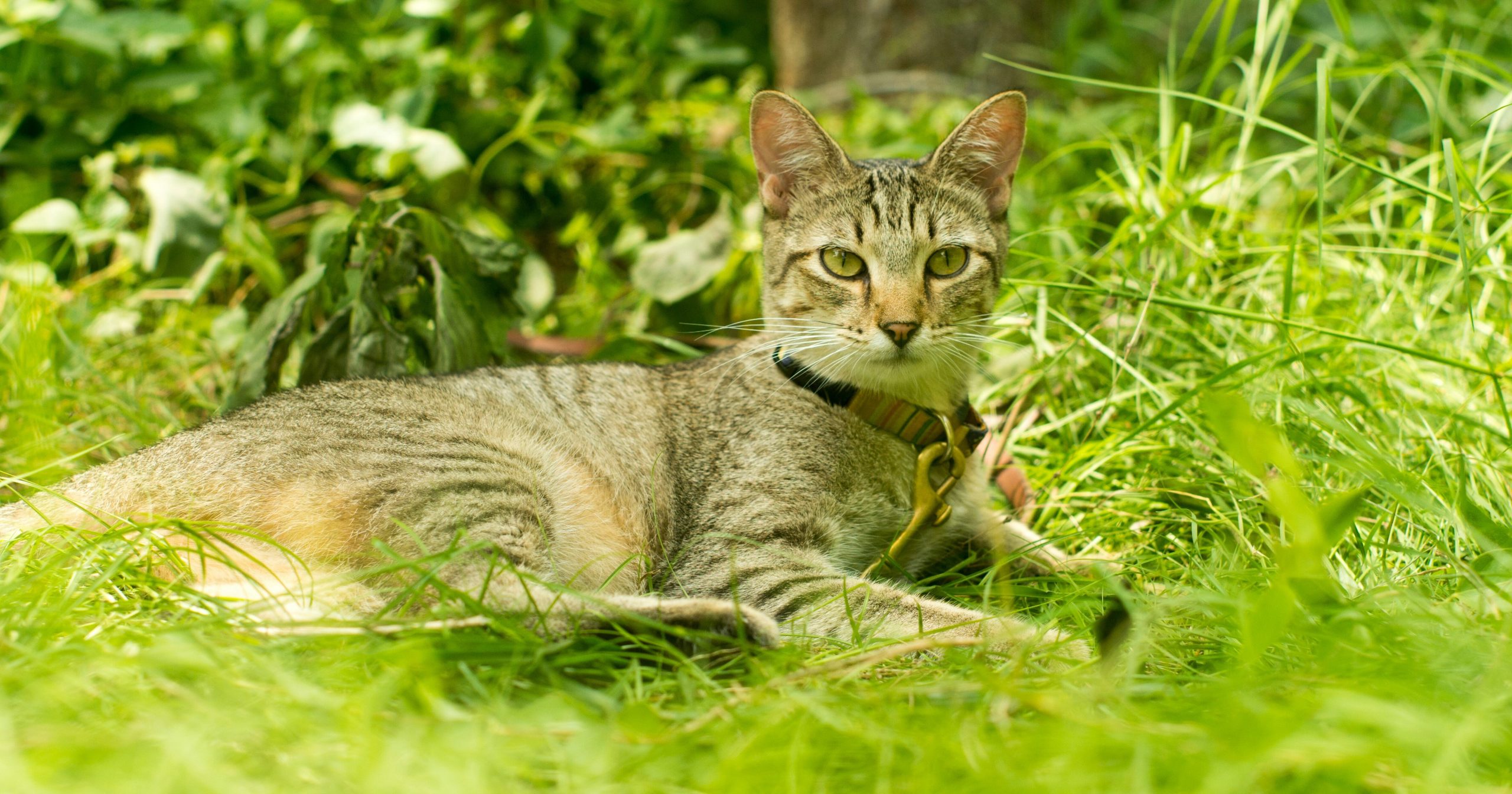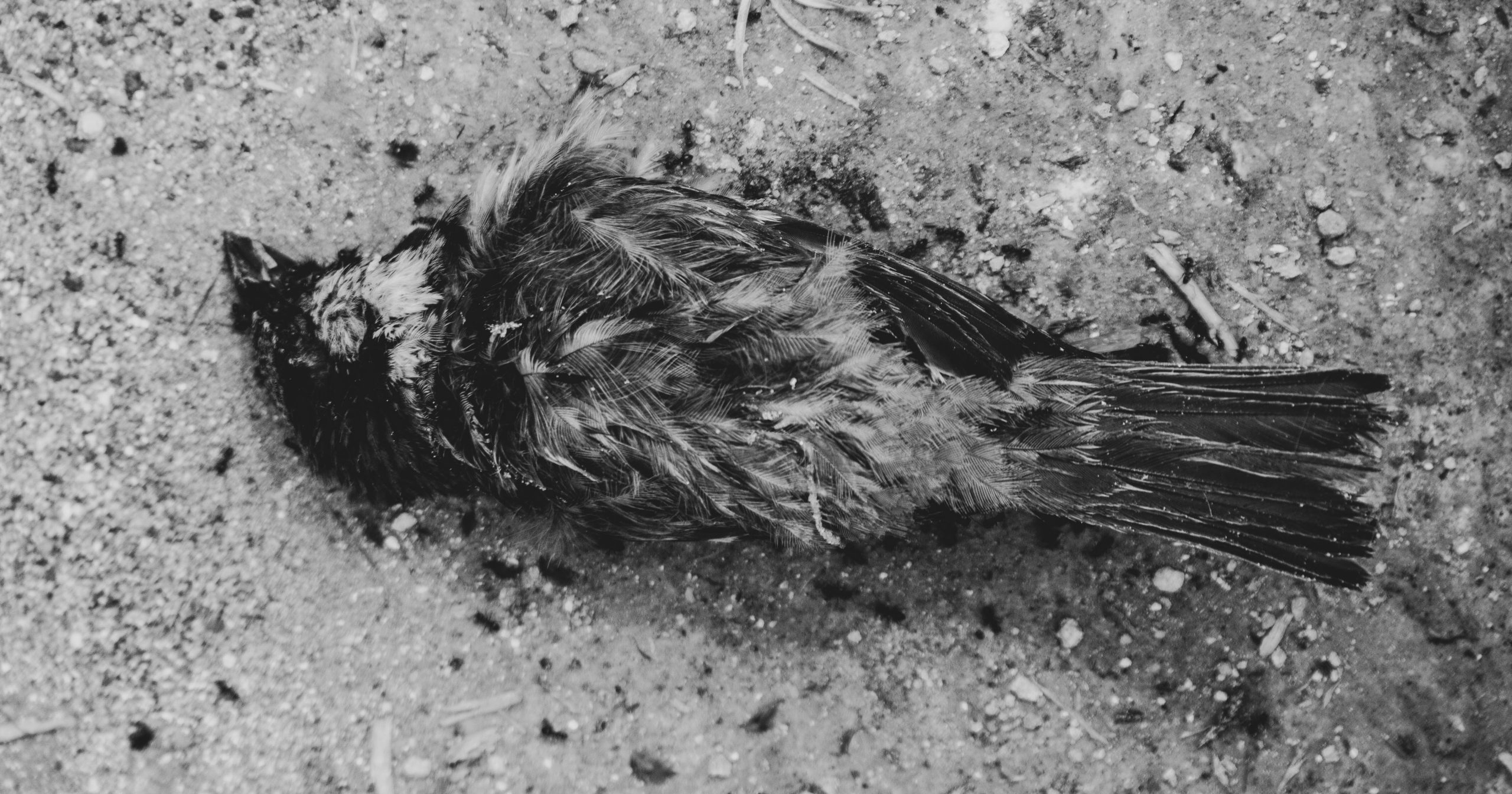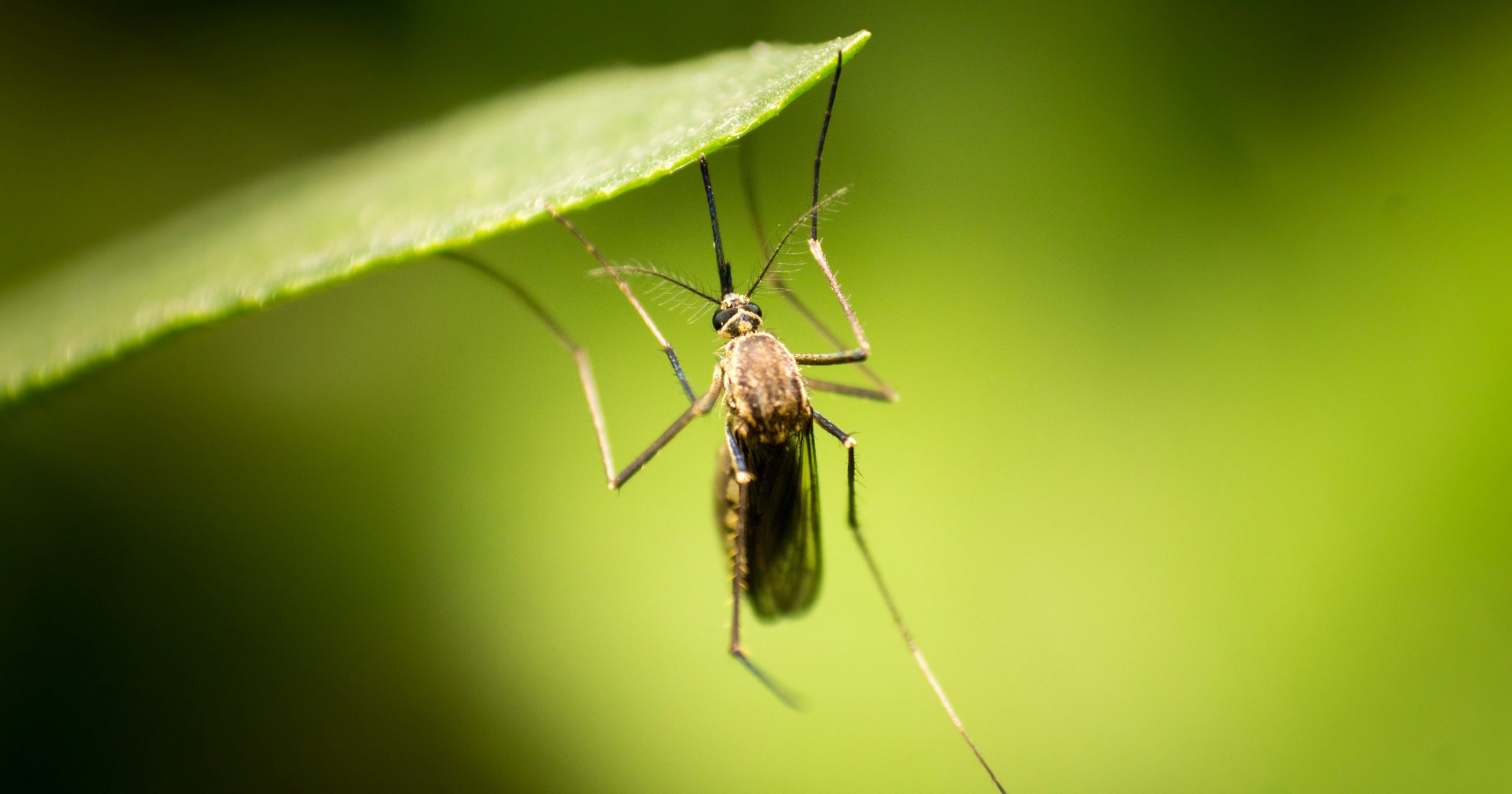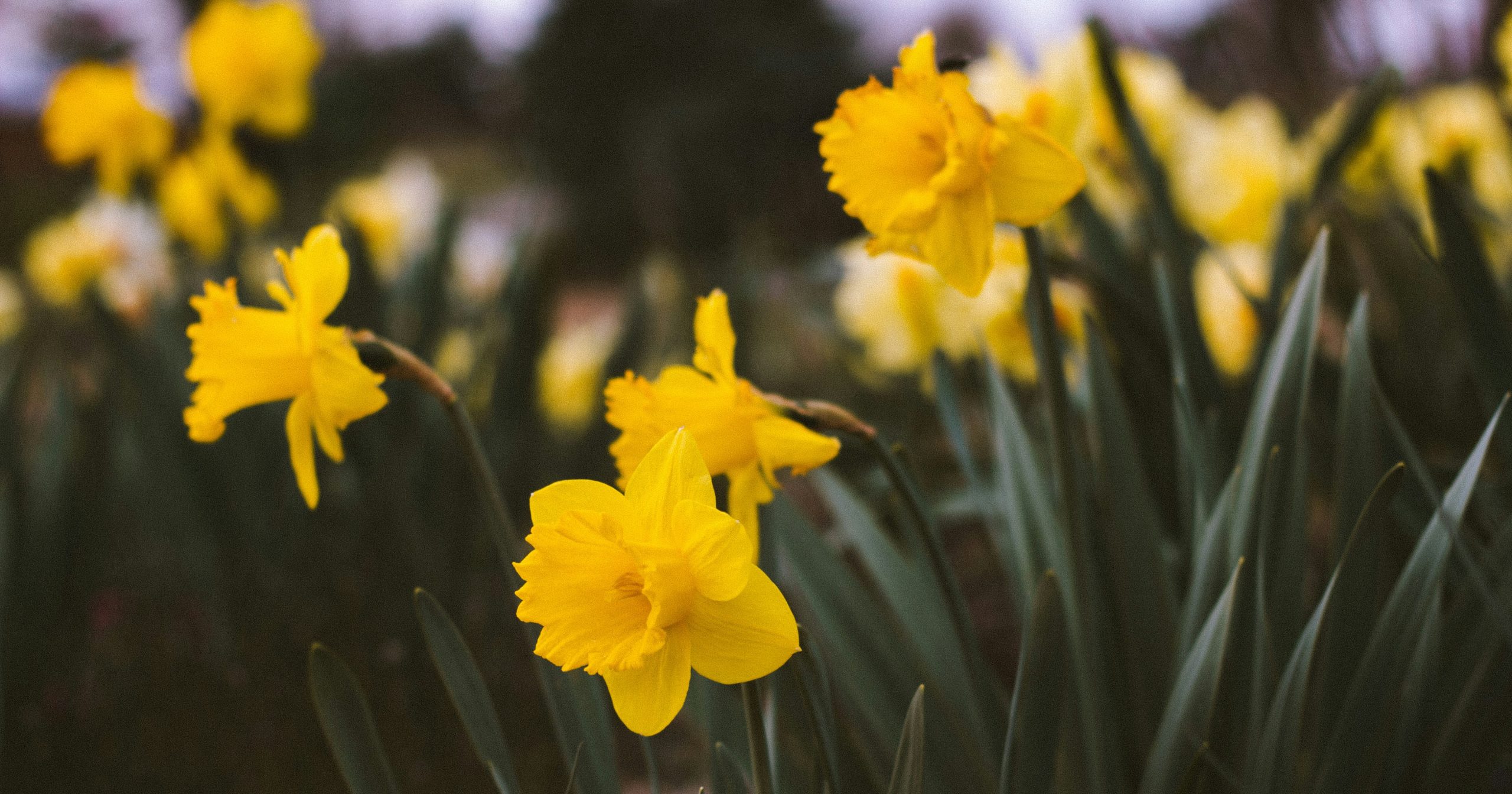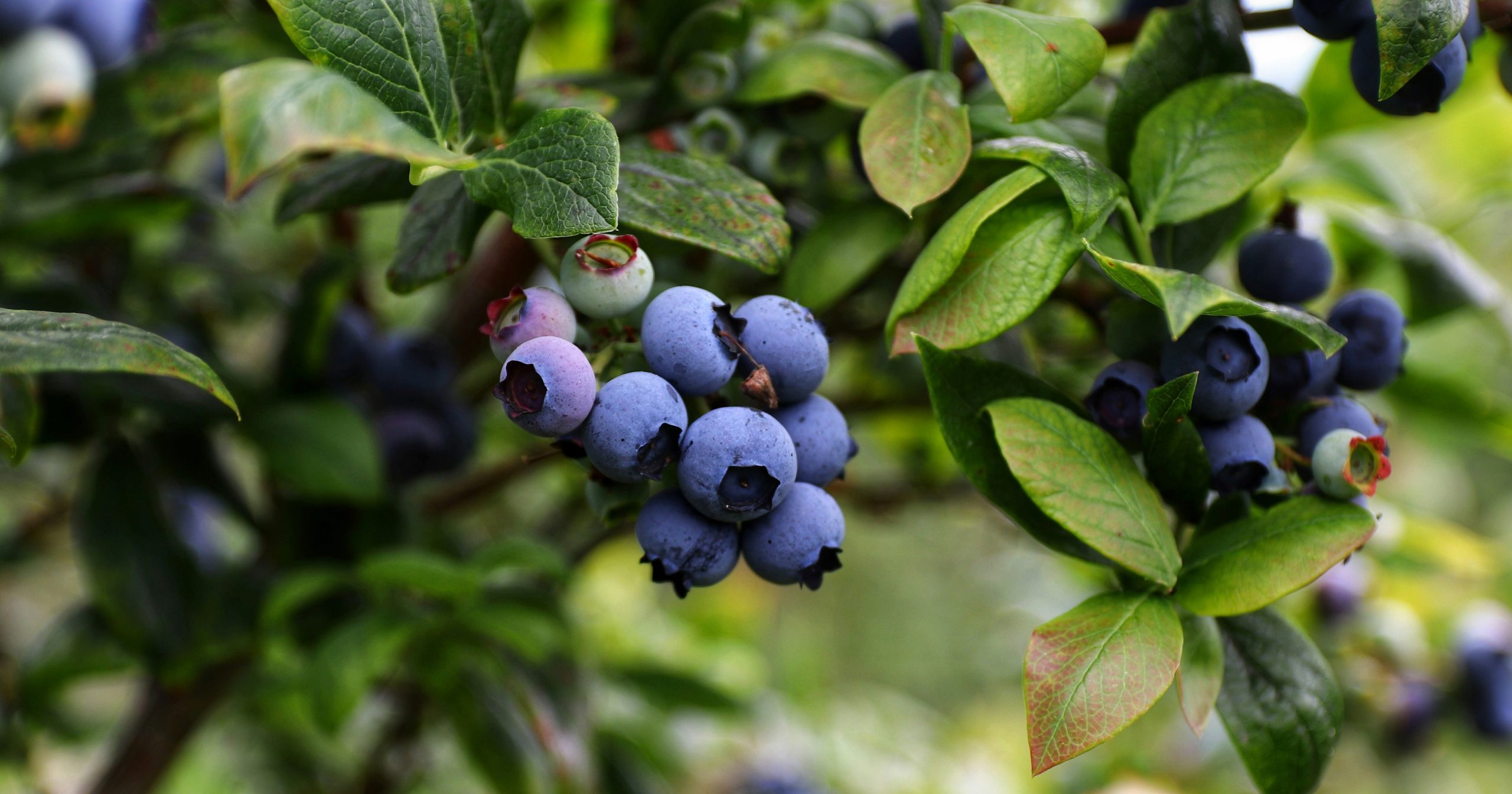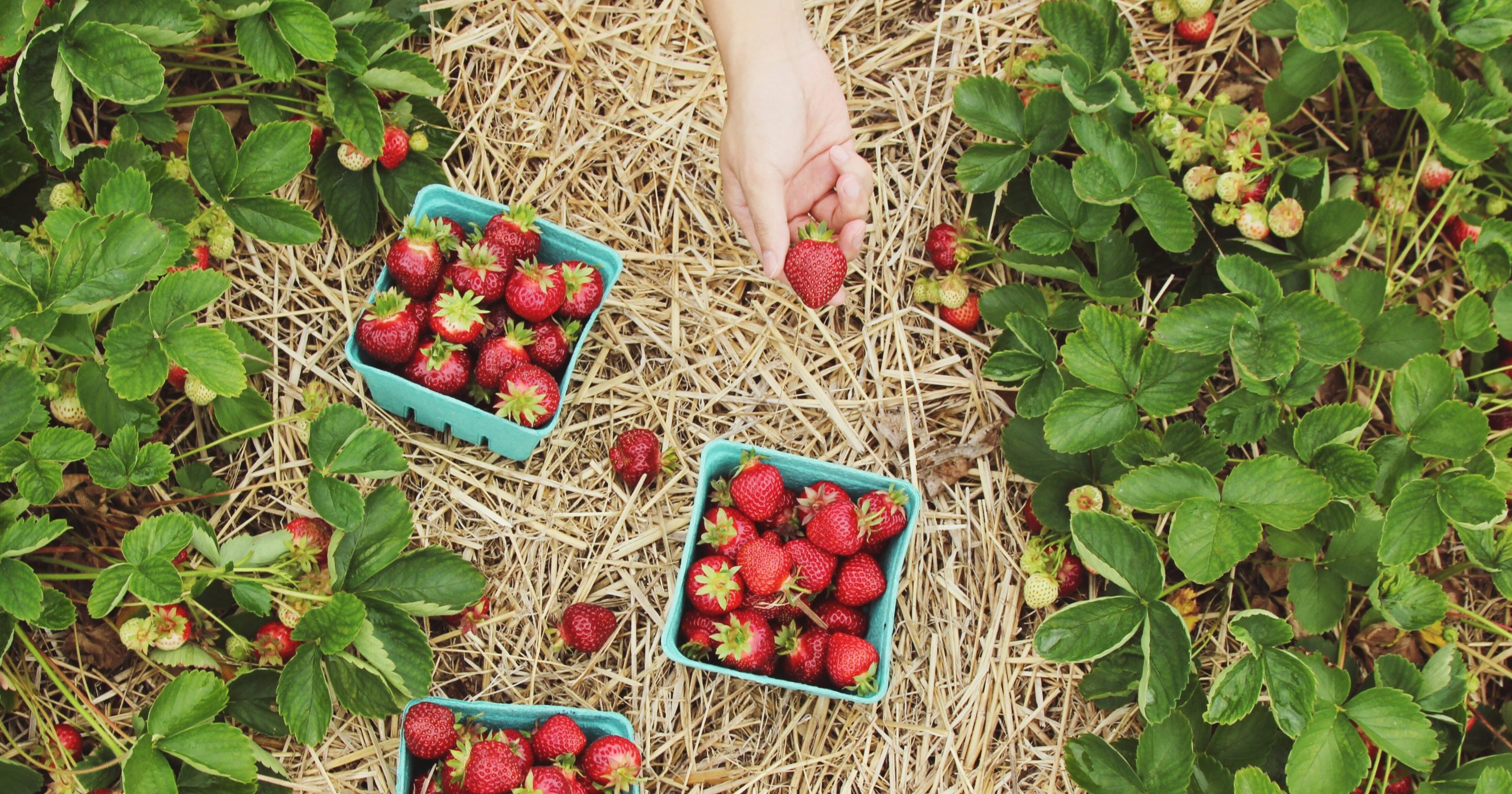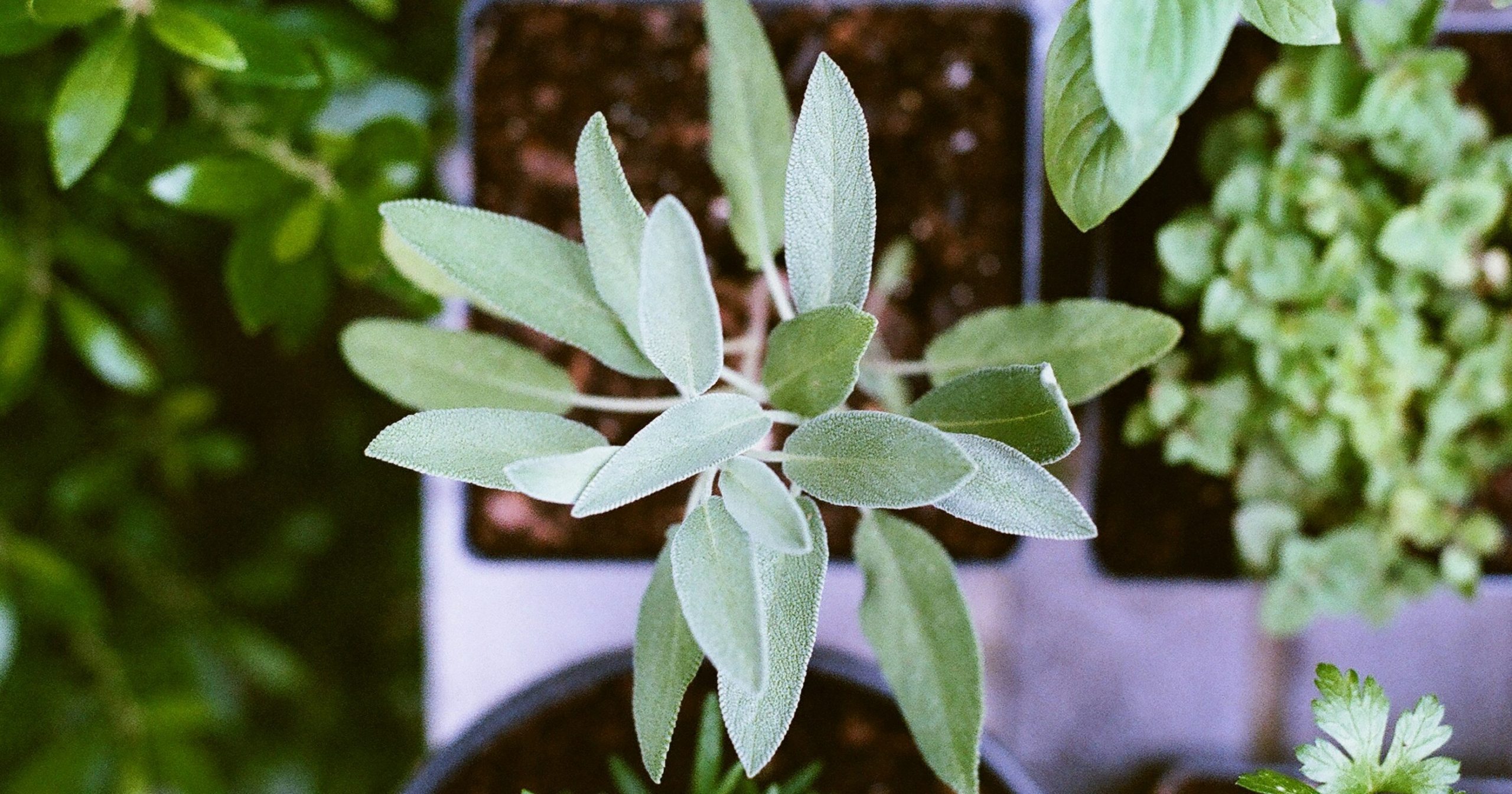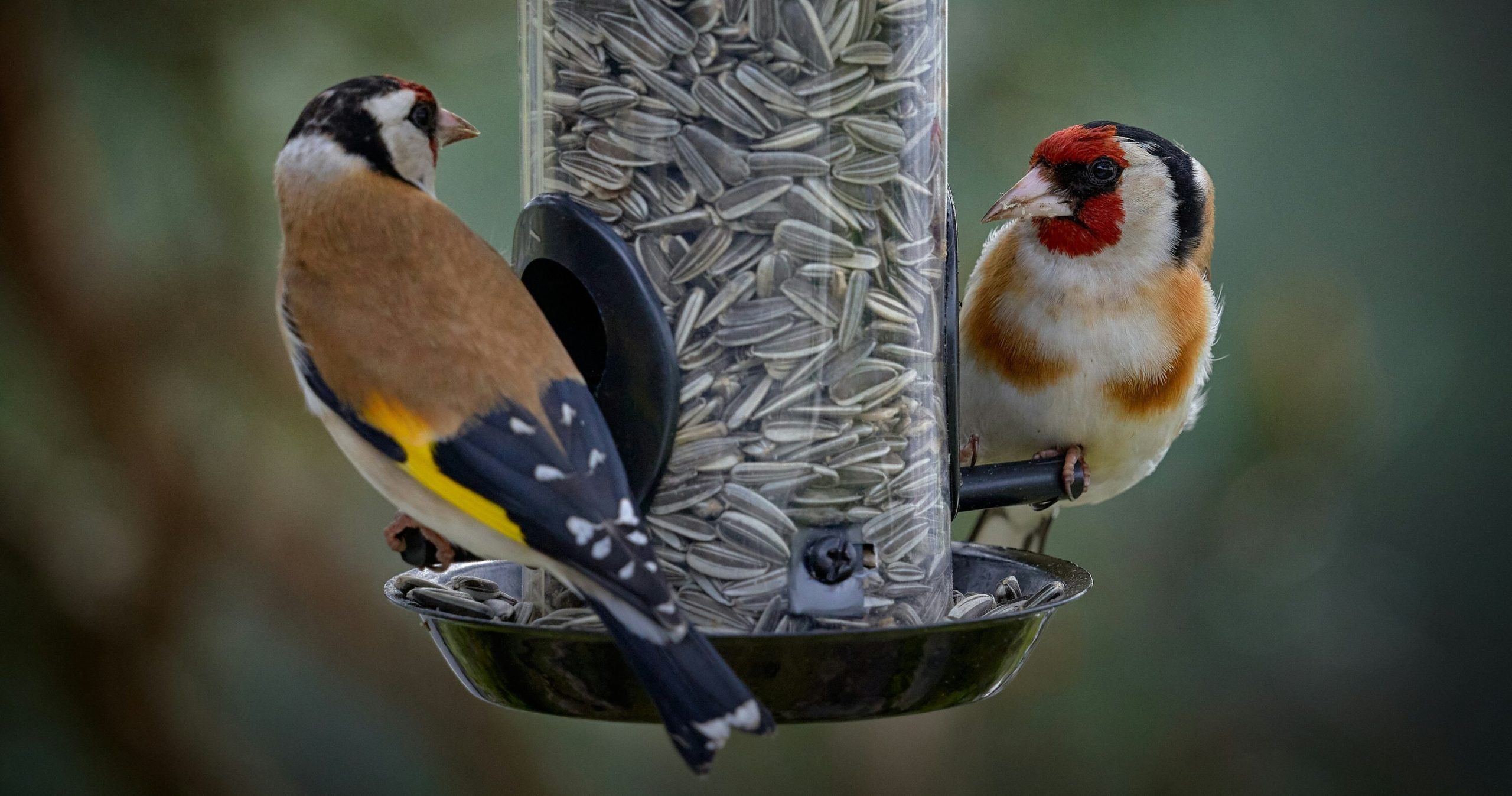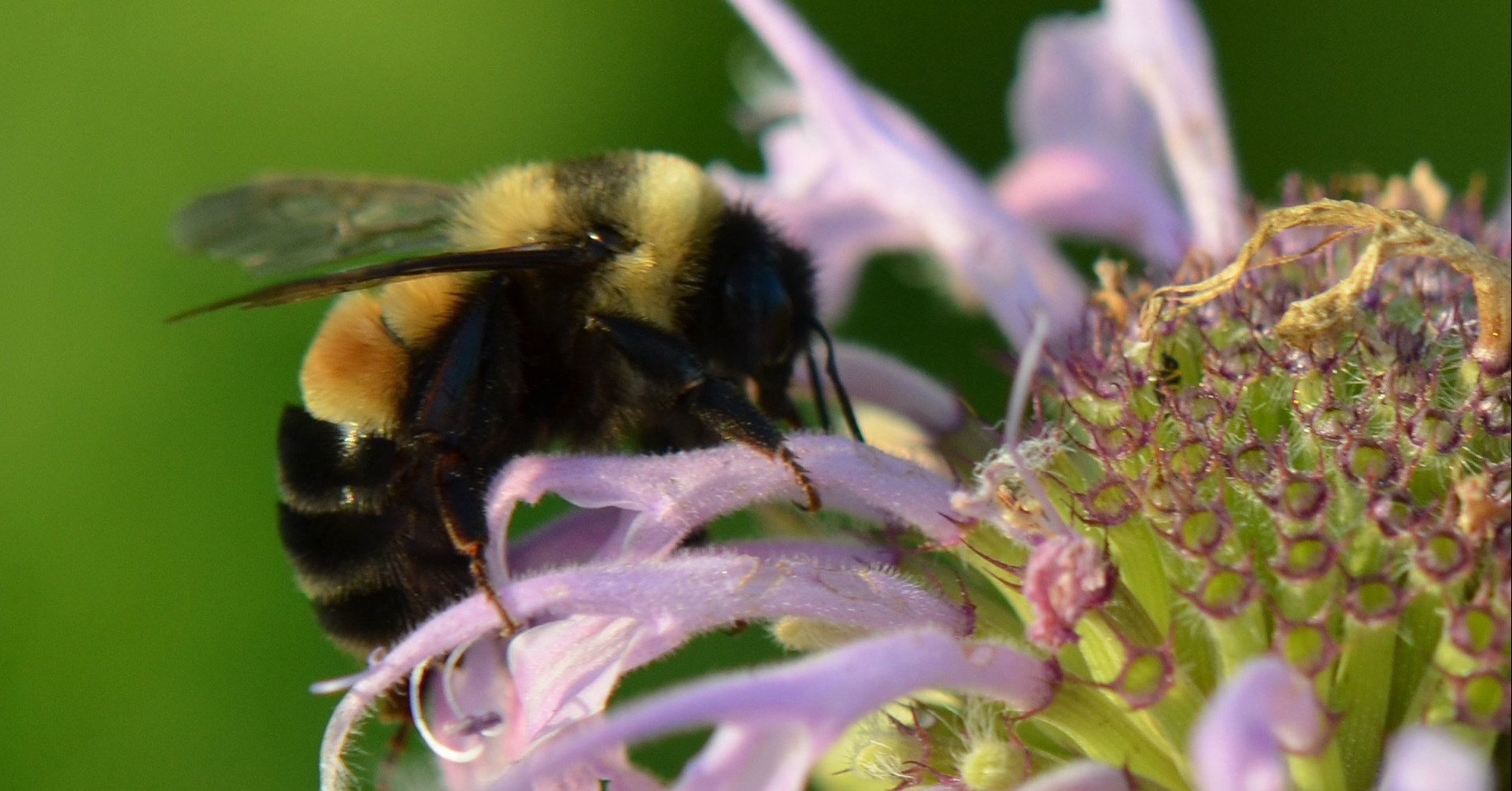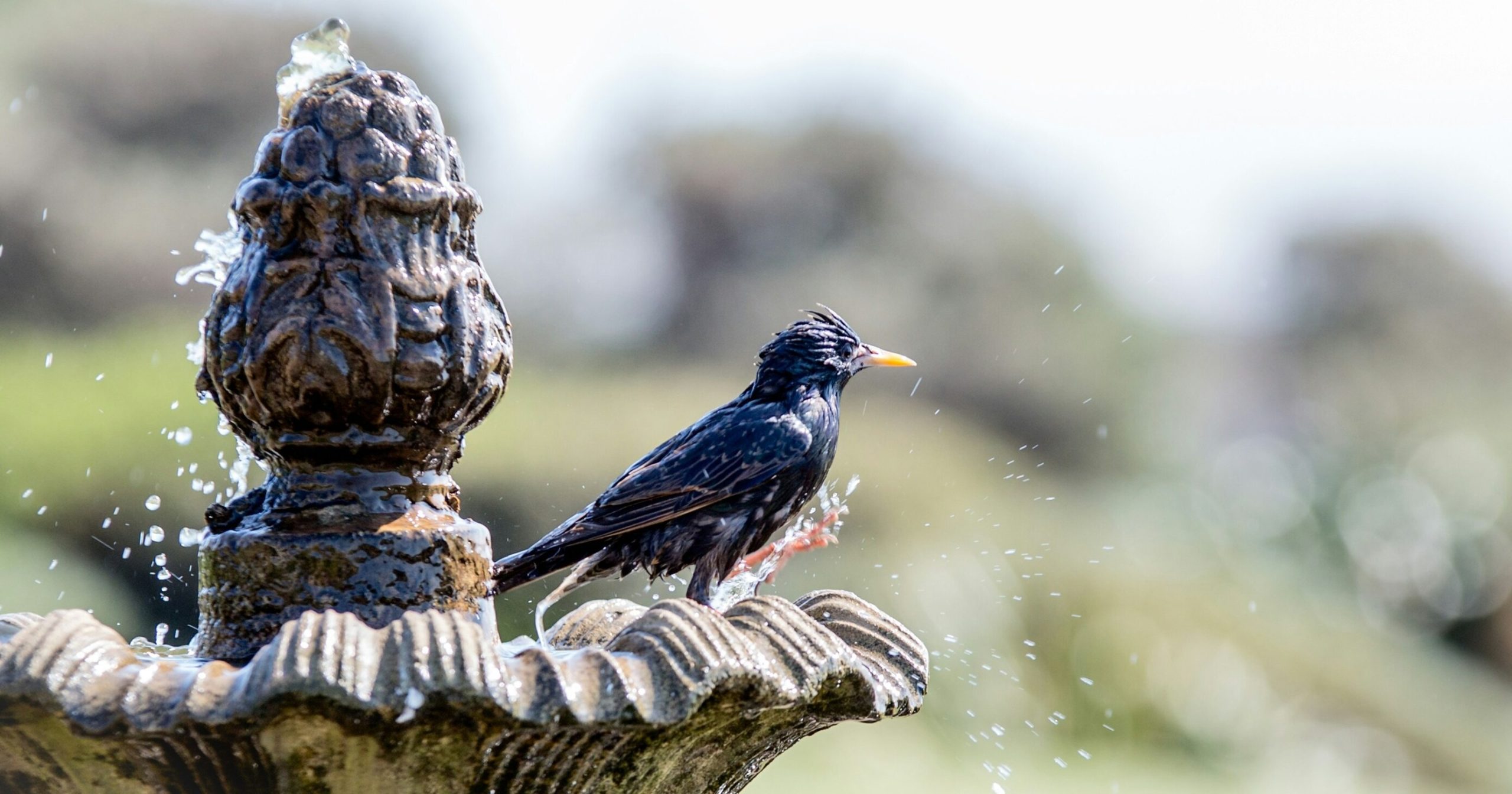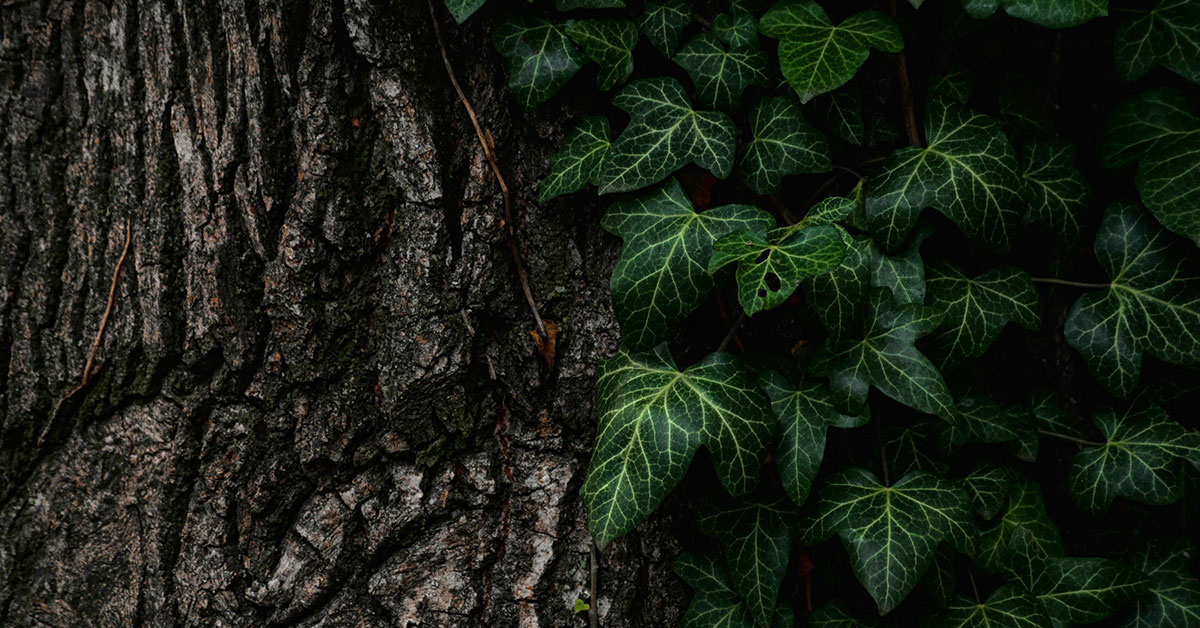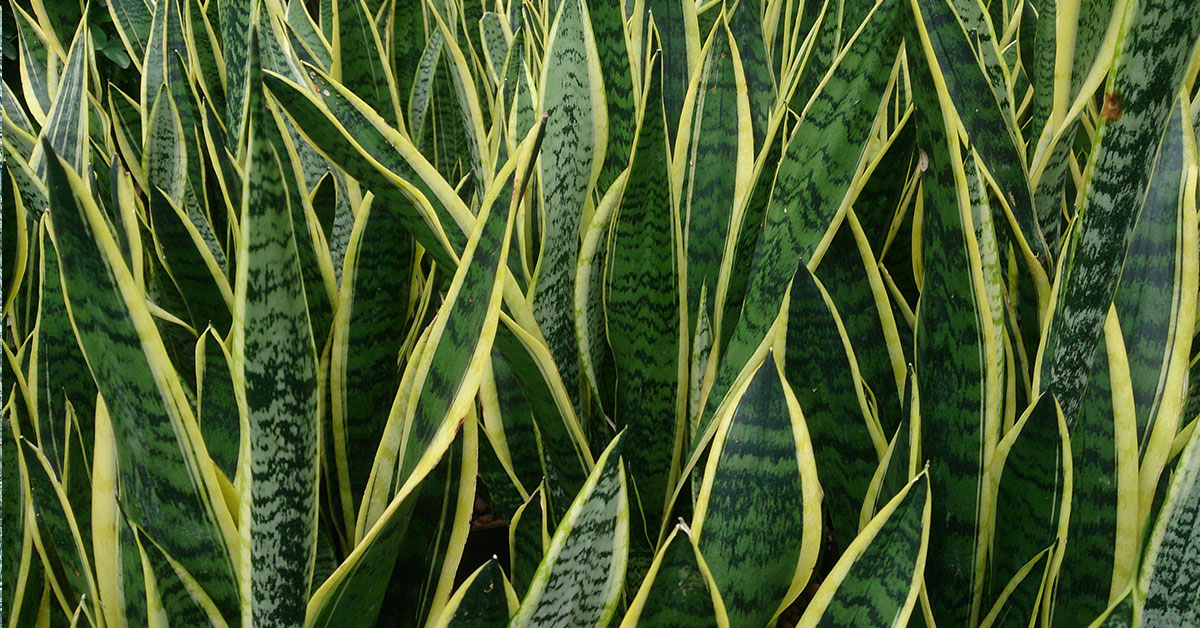Raising my own chickens has been one of the true joys in my life. I find them to be really interesting, amazing creatures. I can’t tell you how many chickens I’ve hatched from egg. I think my all-time favorite chicken breed is the buff orpington. They have a great personality, lay a bountiful number of eggs each year, and are good sitters as well, easily going broody and hatching their own chicks. But if you keep chickens, you know there’s one universal truth: lots and lots of chicken poop. But chicken manure has a lot of uses, including as a fertilizer. Today, I’m going to explain how I make chicken manure fertilizer for my garden that’s safe for people and effective at helping plants grow.
Before we get down to composting our chicken poop, making fertilizer, and spreading it around our gardens, we need to discuss what’s in chicken manure, safety precautions, and then get into the how-to aspects of making chicken manure fertilizer.
Read More: Crochet Egg Apron Helps You Carry Tons Of Eggs
What’s in chicken manure?
So your chicken has taken a poop and you want to use it in your garden. Good instincts! That’s a great idea, but what’s in that nasty glob of chicken poop you find in their coop? Knowing the contents of chicken manure will help you determine whether or not it’s a good fit for your garden.
Chicken manure is one of the most potent sources of nitrogen, phosphorus, and potassium of any organic fertilizer. If your soil is low in nitrogen, a little chicken poop can help refresh its nitrogen content. Fresh chicken manure contains approximately 1.7% potassium, .5% phosphorus, and .9% nitrogen.
How much manure do chickens produce?
If you sit and watch a group of chickens, you’ll find that they primarily do two things: search for food and poop. It doesn’t take long before you see a chicken drop a fresh pile of chicken poop. A single adult hen can produce about 45 pounds of manure a year. So if you have a dozen chickens, you should expect more than 500 pounds of manure each year! That’s a lot of chicken poop.
Is it safe?
Something else to consider before making chicken manure compost or fertilizer is the safety of it. Chicken poop contains pathogens and micro-organisms that can make you or other animals ill. Chicken manure is known to contain Salmonella, Actinobacillus, Bordetella, Listeria, Campylobacter, Clostridium, Corynebacterium, Escherichia coli, Globicatella, Mycobacterium, Staphylococcus, and Streptococcus. That’s a long list of scary-sounding pathogens! But there is good news: if you properly compost your chicken leavings, it destroys these pathogens.
Raw chicken poop poses a risk for your garden as well. Chicken manure applied directly to your garden can cause what’s called fertilizer burn or leaf scorch. This occurs when plants are exposed to excess nutrients, in particular nitrogen salts. The tissues of the plant are desiccated due to osmotic stress. It’s roughly the same concept as salting a slug.
The danger to you, your pets, and your plants are all reasons why your chicken’s manure needs to be composted before it can be used.
Read More: How To Keep Chickens Out Of The Garden
How to compost chicken manure and make chicken manure fertilizer
Composting is the natural process by which organic matter, like grass cuttings or in this case, chicken manure, becomes a fertilizer that can enrich the soil and help plants grow. Chicken poop is one such organic matter that can be composted, and the act of composting chicken manure isn’t much different than composting anything else.
My strategy for composting chicken manure is to have three different composting stations that are set up only for chicken poop. I don’t add anything else to it, and I don’t add chicken manure to my table scrap compost bin. My chicken barn has a thick layer of straw. I use a deep bedding method during the summer when it’s dry, but when the time comes to clean it out, I’ll take all of the straw bedding and manure and add it to one composting station.
For two months, each time I clean out the barn I’ll add it to the one station, then after 3 months, I’ll move on to the next one. By the time I’ve finished adding compost to the third station, the manure in the first has composted enough to be applied to a garden. The compost in each station needs to be turned every couple of weeks. Out here in Oregon, we get a lot of rain in the winter but almost none in the summer, so I’ll water the compost every week or so during the summer.
With this system, you can pretty much always have fresh chicken manure. If I end up with too much, I’ll offer it up to my neighbors or toss it into a corner of the yard somewhere to sit until I need it.
Keep Reading: Duck Eggs vs Chicken Eggs: Which Is Better?
